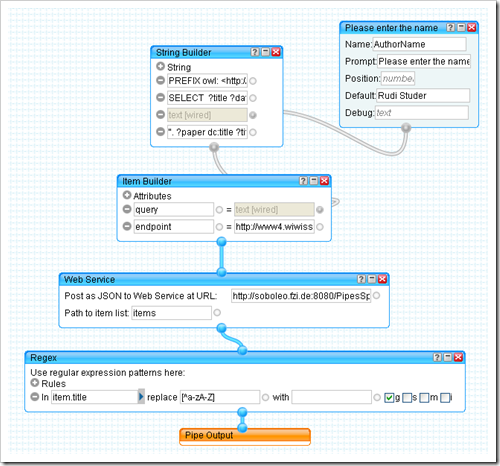Steril vs Generative - A Talk on the Future of the Internet
A great (non-technical) one hour presentation by Professor Jonathan Zittrain about the content of his forthcoming book "The Future of the Internet - And How To Stop It". The major theme of his talk is the dichotomy of steril (i.e. iPods, systems that can only do what their manufacturers intended) and generative systems (i.e. the PC or the Internet, systems that can be adapted by anyone). The starting point is that he sees the security problems on the Interent pushing the pendulum from generative to steril. His talk is followed by a shorter 20 min talk by Lawrence Lessig (without his famous slides, though) about the Privacy-Security trade-off.
In particular the talk by Zittrain is really a joy to watch, insightful and also quite funny (he manages to sneak in "Cats that look like Hitler" and his creative definition of best effort routing: "also known as send it and pray or every packet an adventure")
The video is embedded below, you can also see it at youtube.
Labels: Web






